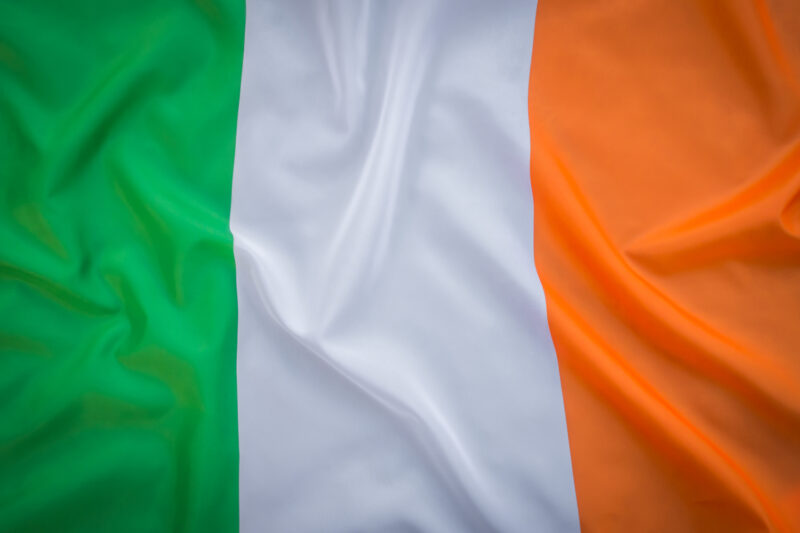
Are you Irish? Irish surnames like Kris Duggan’s carry centuries of history, reflecting everything from ancient clans to cultural shifts caused by invasions and migrations. If you’re curious about your heritage, tracing your Irish surname is a rewarding way to uncover your family’s story.
Here’s how to dig into the details and find out what your name can tell you about your past.
Understanding the Roots of Irish Surnames
Irish surnames are some of the oldest in Europe, with origins stretching back to the 10th century. Many names started as patronymics, identifying someone as the son (Mac) or descendant (Ó) of a notable ancestor. For example, “MacCarthy” means “son of Carthach,” while “O’Connor” translates to “descendant of Conchobhar.”
The influence of other cultures also shaped Irish surnames. When Vikings settled in Ireland, they left their mark on names like “Doyle,” derived from the Irish “Ó Dubhghaill,” meaning “dark foreigner.” Norman invaders added names like “Fitzgerald,” combining the Old French “Fitz” (son of) with Gerald, a personal name. These layers of history mean that even a single surname can reflect a blend of Irish and international heritage.
Steps to Research Your Irish Surname
Start with What You Know
The first step is gathering details from your family. Ask relatives about names, birthplaces, or old documents like marriage certificates or family Bibles. Even small details can help you build a foundation for your research.
Explore the Meaning of Your Surname
Look up your surname’s etymology to understand its original meaning and variations. Many Irish names have Gaelic roots, which might have been Anglicized over time. For instance, the Gaelic “Ó Ceallaigh” became “Kelly,” while “Ó Néill” transformed into “O’Neill.” Knowing these changes will help when searching through historical records.
Use Genealogical Resources
There are a wealth of resources available for Irish ancestry research. Sites like Ancestry.com, FamilySearch, and RootsIreland.ie have extensive databases of birth, marriage, and death records. You can also access census records, land surveys like Griffith’s Valuation, and parish registers through the National Archives of Ireland or the Public Record Office of Northern Ireland (PRONI).
Trace the Geographic Origins
Many Irish surnames are tied to specific regions. For example, “Murphy” is strongly associated with County Wexford, while “O’Sullivan” is linked to County Cork. Researching the history of these regions can provide context for your family’s story.
Overcoming Common Challenges
Irish genealogy isn’t always straightforward. Records can be hard to track down due to emigration, spelling changes, or the loss of documents, like the destruction of public records in the 1922 fire at the Four Courts in Dublin. To work around these gaps, cross-reference multiple sources. DNA testing is another option, helping you connect with relatives or confirm ancestral origins.
It’s also helpful to focus on smaller timeframes or specific locations. For instance, Griffith’s Valuation (1847–1864) lists landholders and tenants, giving a snapshot of where families lived during that period.
The Impact of Irish Emigration
Irish emigration has spread surnames across the globe. During the 19th century, millions left Ireland due to famine and economic hardship, settling in places like the United States, Canada, and Australia. This movement often altered the spelling or pronunciation of names. For example, “Ó hAodha” became “Hayes” or “Hughes” in English-speaking countries.
Understanding how your family’s surname evolved in a new country can offer insights into their migration story. Passenger lists, naturalization records, and church registers are great resources for tracing these changes.
Bringing Your Findings to Life
Once you’ve gathered records, don’t stop at dates and names. Look for the human stories behind them. Did your ancestors belong to a prominent clan? Were they part of a historical event, like the Great Famine or the Irish Rebellion of 1798? Adding these details makes your research come alive.
Helpful Tools and Resources
- Griffith’s Valuation: A mid-19th-century survey of property ownership in Ireland.
- National Archives of Ireland: Home to censuses, military records, and more.
- RootsIreland.ie: Offers parish records that are invaluable for tracing rural families.
- Irish Surname Database: Explore the origins, meaning, and historical significance of surnames.
For those who want to connect with others researching the same name, online forums and local historical societies can be a treasure trove of shared discoveries.



